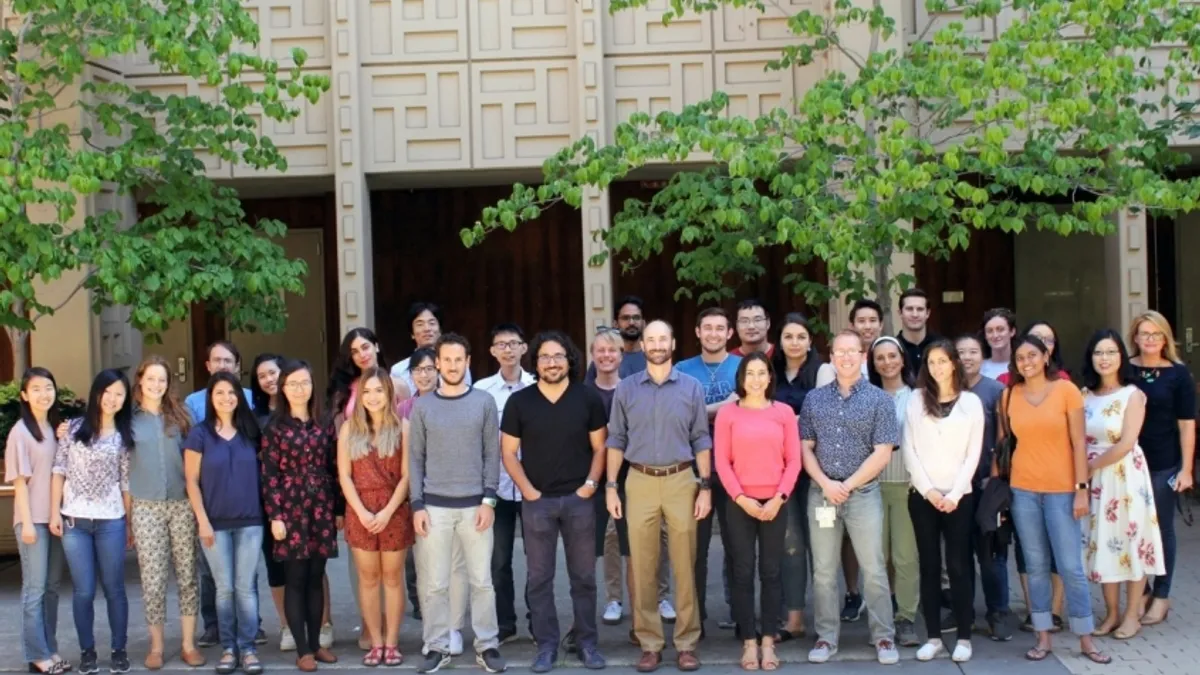Michael Snyder is chairman of the Department of Genetics at Stanford University, where he is also the director of the Center for Genomics and Personalized Medicine. He and his research team have created a functional blood test system that relies on a single drop of blood to test for hundreds of markers.
While comparisons may be inevitable to the debunked finger-prick blood test once hyped by Theranos, the failed healthcare technology startup founded by Stanford dropout Elizabeth Holmes, Snyder says the difference is “ours works.”
Snyder’s research was published late last week in the journal Nature Biomedical Engineering. He answered three questions from MedTech Dive via email.
This interview has been edited and condensed for clarity
MedTech Dive: The inevitable comparison is to Theranos. What's different? And how big a deal is this?
Michael Snyder: We use a very high-end mass spectroscopy assay which is well suited to this. It measures different things as well. We measure more molecules but leave out some important chemicals that Theranos tried to measure. Most importantly, ours works. Please note that we do not try to measure some standard things (glucose, LDL) whereas they tried to. However, we measure many more things. I also point out that for us, you collect the samples at home and mail it in. That was not the case for Theranos.
In layman's terms, how does this work, and what's changed to make this a viable replacement for venipuncture and the use of test tubes full of blood?
You prick your finger and a small drop of blood is drawn into the tip of a tiny sponge. You let it dry and mail it where we analyze it in the lab. It measures everything in your blood including cells and blood fluid (plasma). Typical venipuncture uses a large needle and draws 50 milliliters of blood. [That requires] many tubes. They remove cells and just measure the fluid.
How much time and money and further research do you believe would be needed to make this commercially available, and do you see a path for that?
Ours is not a clinical test, [it] is at the research level right now — we hope it will develop into a clinical test. We have spun off two companies on this. A long-COVID treatment company RTHM that will use this technology, as well as a metabolite testing company, Iollo, that we hope will help keep people healthy. You can get that test now.










